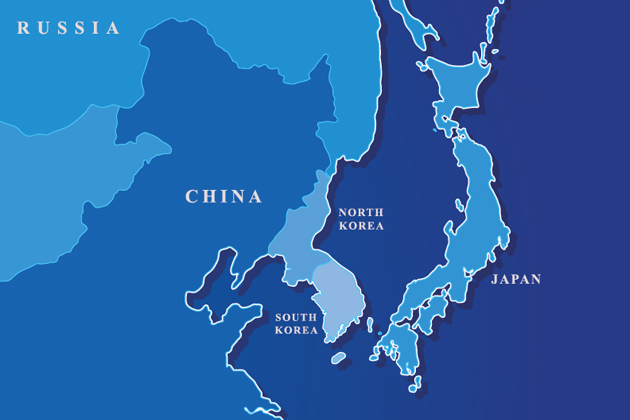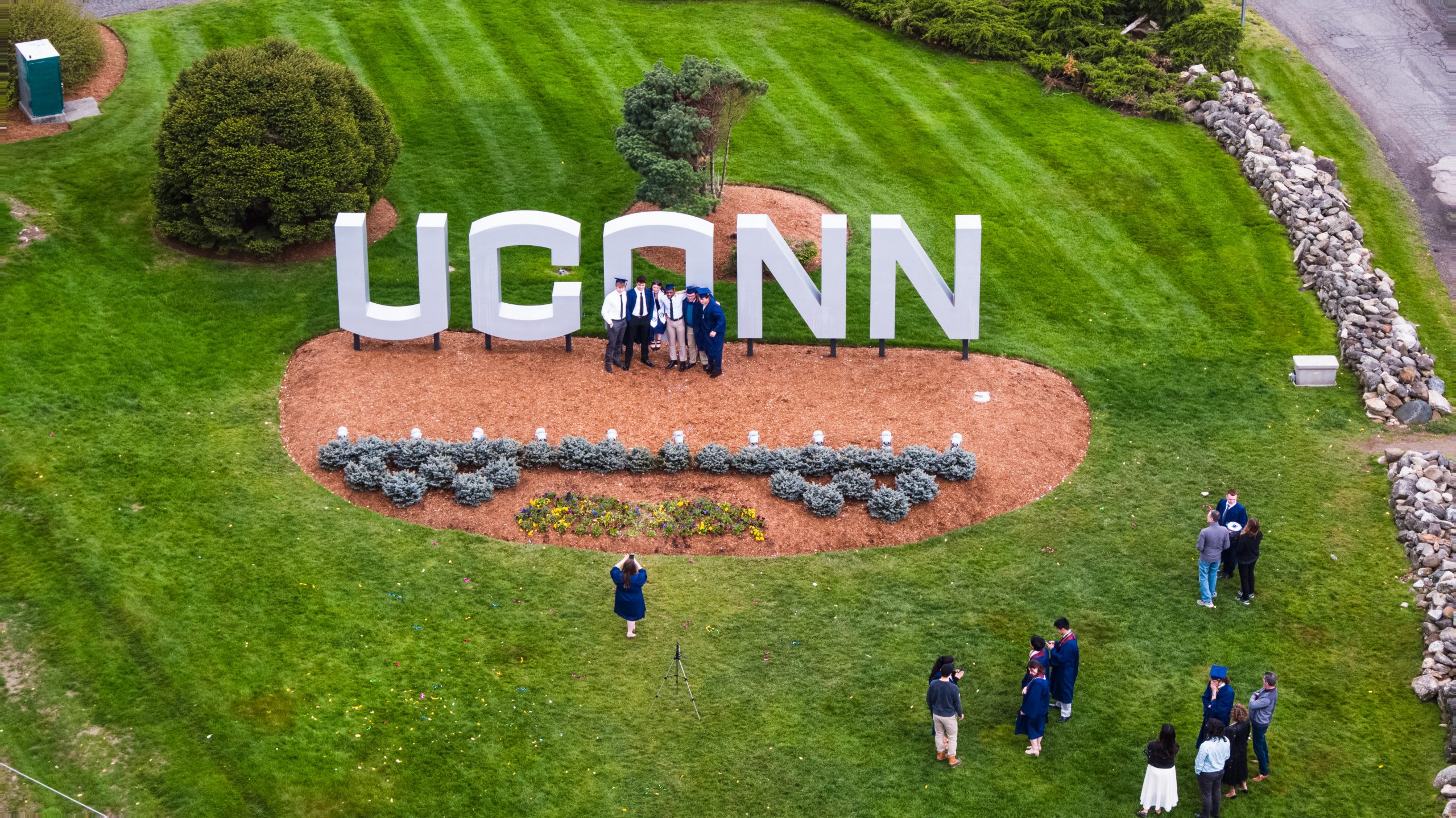In Hot Topics posts, UConn experts comment on current events and issues unfolding in the news.
As news spread of North Korean leader Kim Jong-Il’s death, the people of North Korea displayed an immense outpouring of grief and anxiety as they wonder what will happen next.
Professor Alexis Dudden of the Department of History in UConn’s College of Liberal Arts and Sciences discusses the situation currently unfolding in North Korea.
Dudden specializes in the history of modern Japan, modern Korea, and international history. She has published two books titled Troubled Apologies Among Japan, Korea, and the United States Columbia University Press, 2008) and Japan’s Colonization of Korea: Discourse and Power (University of Hawai’i Press, 2005). She has also received multiple grants and fellowships to study in Asia, including a Fulbright Grant to study in Korea in 2002-2003, a Fulbright Research Grant for Japan in 2009-2010, and a fellowship in Harvard’s U.S.-Japan Fellowship program in 2005-2006.
Dudden says that although there is much uncertainty in the region following Jong-Il’s death, the main players in the region – North Korea, South Korea, Japan, and China – are doing their best to remain calm: “Right now, I think everyone is looking to remain calm. Each country has its own concerns right now that will keep the peace for a while. You can almost say it’s a good thing that the economy is down.”
She says that Confucian traditions in North Korea, which call for solemnity and grieving after the death of a revered figure, will mean that the North Korean government will be preoccupied until the New Year. Only after Kim Jong-Un, the appointed successor and son of Jong-Il, asserts his new leadership role over the next few months will there be any significant changes.
Within North Korea, Dudden expects there will be some jostling for position among the military leadership, but it is unlikely that there will be any pushes for reform coming from the civilian population, since North Korea is so insulated from outside ideas.
Due to the secrecy of North Korea and the domestic concerns that other regional powers have, Dudden says, there is no indication of how Kim Jong-Un will act as North Korea’s leader. Whether he will be more aggressive or more conciliatory than his father is unclear: “Kim Jong-Un may be the one to change North Korea,” she says, “but at this point there is no telling what North Korea will do until after the New Year.”
She says the best possible scenario would be an eventual movement toward reunification of North and South Korea. If this were to occur, it would not happen for some time, she notes, but a change in North Korea’s leadership coupled with outreach from South Korea’s president may set the stage for reunification down the road.
She sees South Korean President Lee Myung-bak as a major player in what will happen next. “Next year is an election year in South Korea, so hopefully he will not feel pressured to take an aggressive stance towards North Korea,” she says. In 1994, when Jong-Il first took power, the United States pushed for an immediate collapse of North Korea, which had the opposite effect of unifying North Koreans behind their new leader and his strong “military first” policy.
One of the biggest obstacles to a more open and peaceful North Korea is the political clout of its military. “Before Kim Jong-Il,” says Dudden, “there was a lot of emphasis placed on civilians in the North Korean government. Once Jong-Il dug in his heels against the United States in 1994, he was seen to have succeeded where Saddam Hussein failed.” The military is one of the few functioning bureaucracies in North Korea, she adds, and its leaders stand to lose power and funding if Jong-Un begins cooperating with regional powers.
Dudden says the one thing that would benefit everyone is peace. “I hope that all the regional nations will realize that they need to be peaceful and calm over the next few months,” she says. “It would benefit everybody.”
Contact information for members of the media:
Alexis Dudden, Ph.D.
Professor, Department of History
College of Liberal Arts and Sciences
University of Connecticut
Email: Alexis.Dudden@uconn.edu



